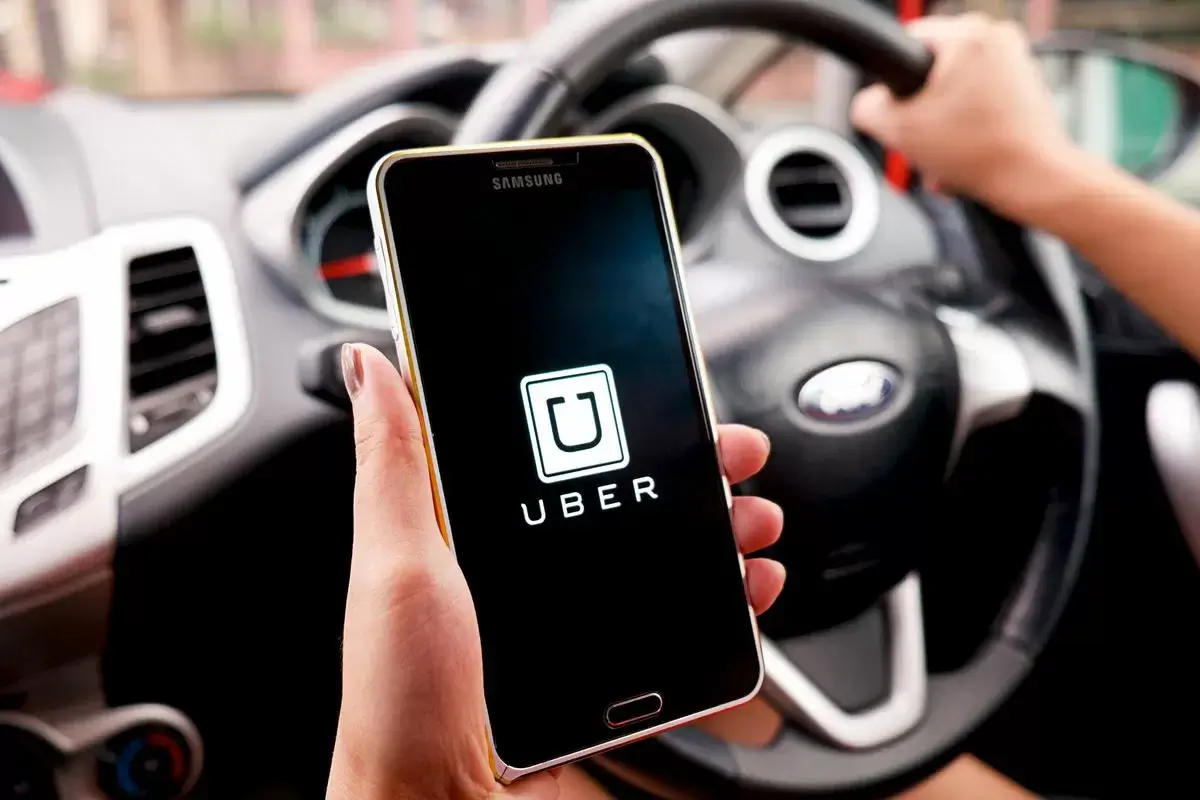Uber Eats has reached a record $15 million settlement with the city of Seattle over alleged violations of labor laws, impacting more than 16,000 delivery workers. The settlement, announced in late August 2025, is the largest in the history of Seattle's Office of Labor Standards (OLS). The case highlights the ongoing tensions between gig economy companies and municipalities seeking to regulate and protect app-based workers.
The settlement primarily addresses alleged violations of Seattle's Independent Contractor Protections (ICP) Ordinance, passed in 2021, and the App-Based Worker Minimum Payment (ABWMP) Ordinance, passed in 2022. The ICP aims to ensure pay transparency for independent contractors, while the ABWMP establishes minimum payment standards based on time worked and distance traveled, even when a job is canceled.
According to the OLS, Uber Eats misled workers regarding its "Boost" multiplier feature, which promised additional earnings for deliveries during busy periods and in high-demand locations. The city alleged that Uber Eats failed to clearly disclose that the "Boost" promotion only applied to a portion of the fare and that the upfront payment amount already included the "Boost" contribution. Regulators also investigated Uber Eats for allegedly failing to provide minimum pay for certain canceled orders, as required by the ABWMP Ordinance. The City further claimed that Uber Eats did not provide the necessary notifications of rights, electronic receipts, and weekly statements as mandated by law.
Under the terms of the settlement, Uber Eats will pay $13.5 million to resolve claims related to the "Boost" multiplier issue and $1.5 million to settle claims related to the ABWMP Ordinance violations. The company will also pay over $33,000 in fines to the City of Seattle and implement a new policy allowing workers to provide more detailed information about cancellations. Payment to workers is scheduled to be distributed by Labor Day next week.
Uber maintains that it has not committed any wrongdoing, but it has agreed to the settlement. A company spokesperson stated that Uber values the work of its couriers and is committed to improving their experience by providing clear and dependable information about their pay and opportunities. Despite the settlement, Uber noted that Seattle is one of the most heavily regulated gig markets in the country and that the company will continue to work with policymakers, restaurants, and couriers to ensure its platform supports flexibility, fairness, and reliable earnings.
Seattle has been at the forefront of establishing worker protections for gig workers. In addition to the ICP and ABWMP Ordinances, the city has enacted other laws aimed at supporting app-based workers, including paid sick and safe time. Effective January 1, 2025, Seattle's App-Based Worker Deactivation Rights Ordinance protects app-based workers from unfair deactivation from using the apps where they earn income.
This settlement highlights the ongoing debate surrounding the classification of gig workers and the responsibilities of companies that rely on them. While gig companies often argue that their business model provides flexibility and independence for workers, labor advocates and regulators contend that these workers are often denied basic labor protections and are vulnerable to exploitation. Seattle's proactive approach to regulating the gig economy has faced legal challenges from companies like Uber and Instacart, underscoring the tensions between innovation and worker rights in the evolving landscape of app-based work.















